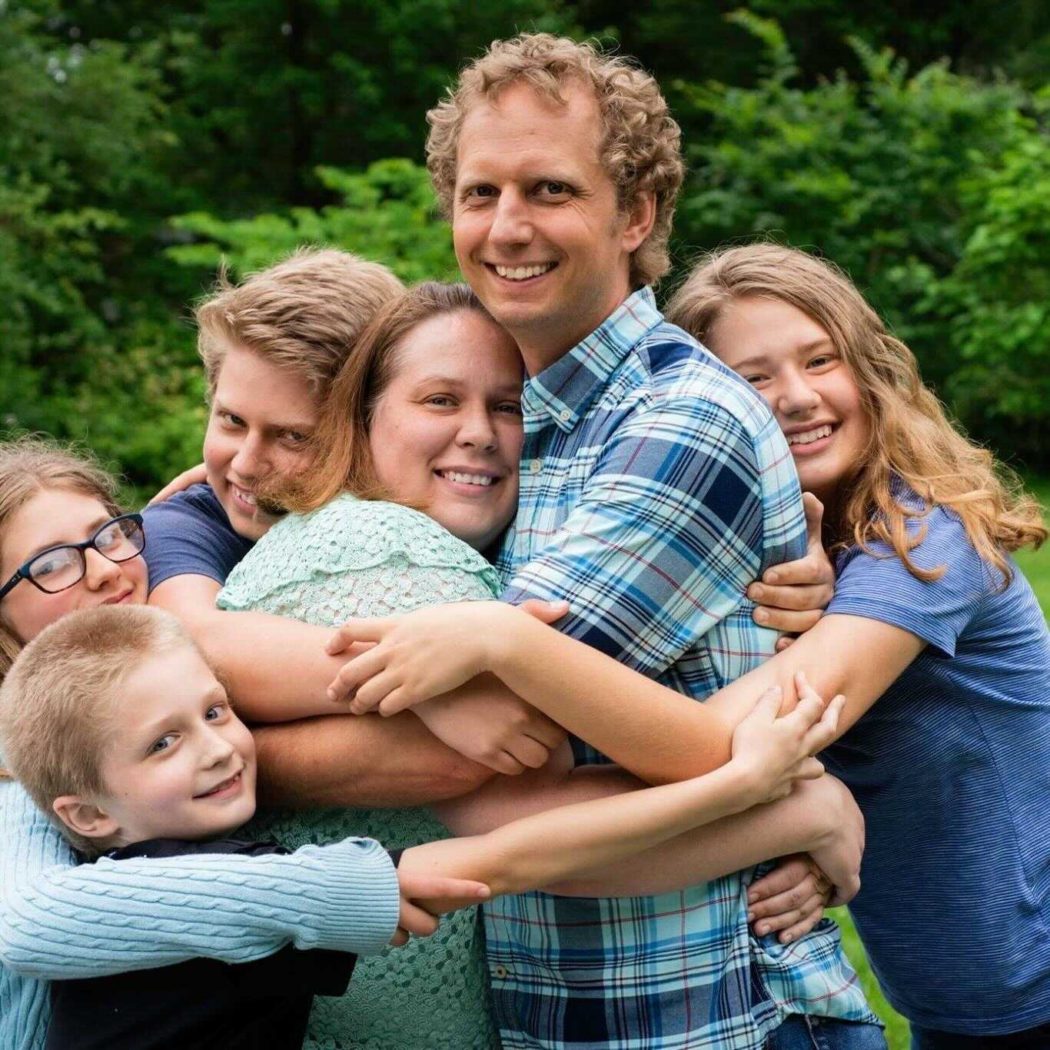Utah State alumni reflect on 9/11 attacks
On Sept. 11, 200l, four coordinated terrorist attacks were orchestrated against the United States.
These attacks took 2,977 innocent lives and impacted the lives of people all over the world, including those who were Utah State University students in the fall of 2001.
Arlynda Jorgensen, now a high school physics teacher in Maryland, was studying at Utah State at the time of the attack. She recalls first hearing of the catastrophe while listening to National Public Radio on her way to Mount Logan Middle School, where she was completing her student teaching.
During Arlynda’s time at Utah State, she was also involved with GAS, or Get Away Special, an undergraduate research team within the physics department. She was in Logan during the attacks due to pregnancy, but remembers the stories of her team, who were at the Kennedy Space Center when the attacks occurred.
Arlynda said the team was escorted off base and operations were immediately shut down. Due to the no-fly order, her team wasn’t able to return home for several days.
She also reflected on the following months and the lasting impacts the attacks left, noting that it caused people to stop and ask themselves, “We’re Americans, what does that mean?”
Jamie Jorgensen, Arlynda’s husband who is also a former Aggie, recalled his own morning of 9/11. Jamie was attending USU in Logan and remembers not paying attention to the news that morning and learning of the attacks from fellow students as classes carried on.
In the months following the attacks, Jamie remembers the attacks as something that he thought about a lot daily and made him very upset.
He also said because he hadn’t seen the news that morning, he didn’t actually see any footage of the attacks until years later.
Both Arlynda and Jamie said since moving to Maryland, the impact of 9/11 from the East Coast compared to the West Coast is very different.
During that month of September 2001, a Utah State department head for the College of Education and Human Services, Andy Walker, was studying for a graduate degree and living in the West Stadium Villa with his small family.
He remembers turning on the TV and seeing replays of the second plane striking the World Trade Center, describing the footage as “surreal.”
Walker also shared an experience that he had in the months following, that he wishes was more common — a neighborhood meeting with two Muslim families for an opportunity to listen to their perspectives and ask questions in a safe environment.
Initially, Walker stated it “was a shock and because of the geographical distance it had a surreal quality.” At that point, he had never visited New York City.
The next year, Walker got his first faculty job at Lehigh University, living only 90 minutes away from New York City. NYC first responders were still doing recovery operations at ground zero until a few months prior to his move, but he said at an emotional level, New York hadn’t quite recovered.
Last year, when his sister-in-law lived in a predominantly Jewish and Muslim neighborhood in New York, Walker went from there to the 9/11 Memorial Museum.
Walker said while these attacks were thought to be an attack on capitalism, he thought they were most threatened by our country’s potential.
“We are a nation of immigrants living on tribal lands,” Walker said. “We are a land of many religions. We are a place where a Jewish and a Muslim community can live together in the same apartment buildings, shop at the same stores, take the same subway lines to work.”
Walker said there is power in all of these ideas. “There are many people working together to build and recover. The global war on terror isn’t going to be won at the end of a rifle, it will be won by human beings getting together and talking, living together, baby-sitting each other’s kids, having a BBQ where you have a separate grill and utensils because you want to be respectful of your neighbors who want to live their religious beliefs.”
— Jared.adams@usu.edu

